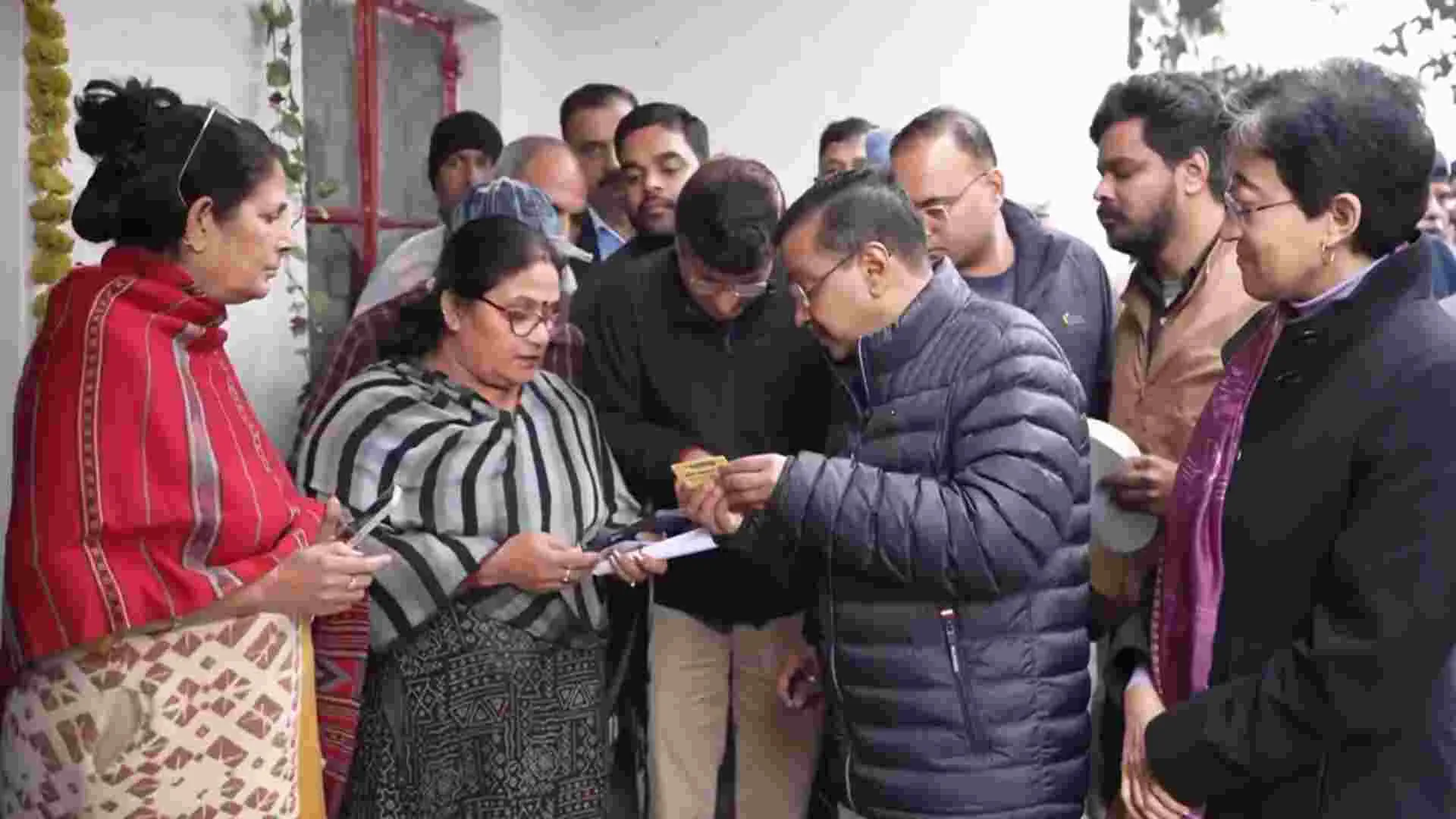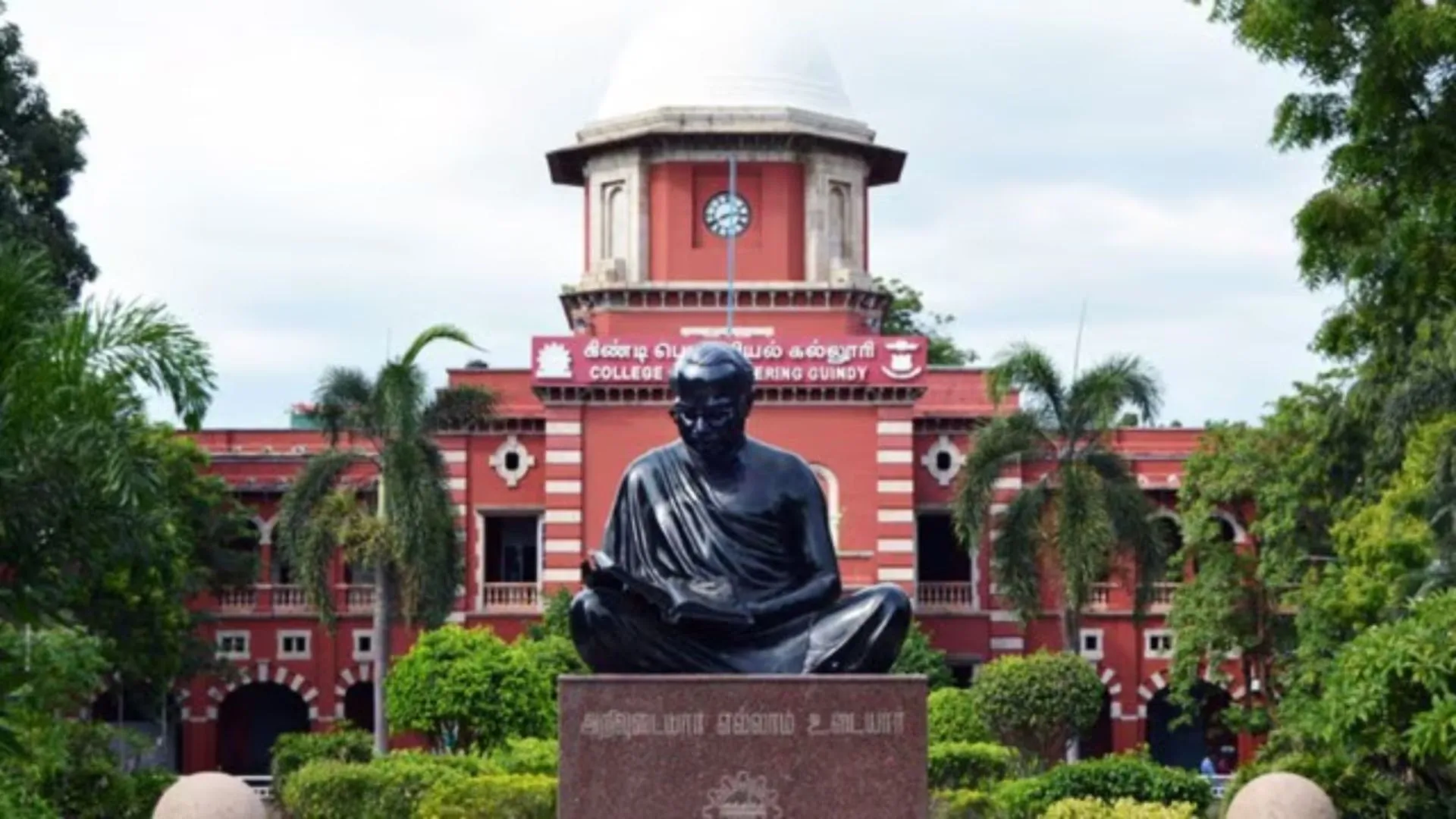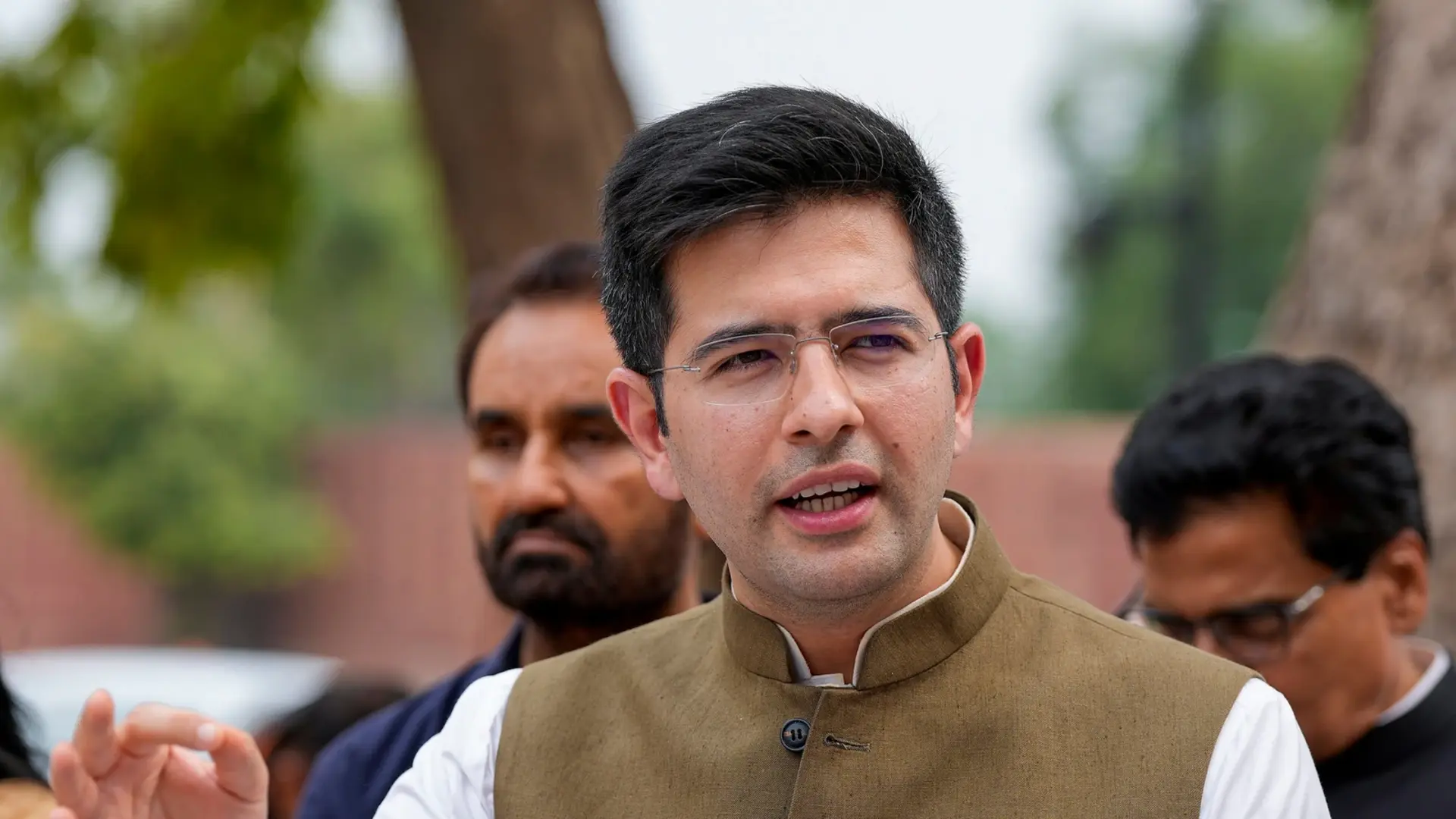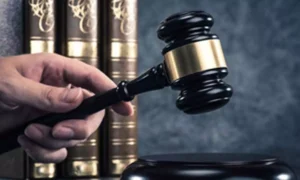Delhi saw the enforcement of modernized criminal laws as the first FIR under Section 173 of the Bharatiya Nagrik Suraksha Sanhita (BNSS) was filed on Monday. A street vendor was charged under Section 285 of the Bharatiya Nyaya Sanhita (BNS) for obstructing a foot over bridge at New Delhi Railway Station while conducting sales.
Effective July 1, all new FIRs will be registered under the provisions of the Bharatiya Nyaya Sanhita (BNS), marking a departure from the British-era Indian Penal Code (IPC), Criminal Procedure Code (CrPC), and Indian Evidence Act for future cases. However, ongoing cases registered prior to this date will continue under the previous legal frameworks until their conclusion.
The Bharatiya Nyaya Sanhita (BNS) introduces significant reforms, consolidating 358 sections, down from the 511 in the IPC. It includes 21 new criminal offenses, extends imprisonment terms for 41 crimes, increases fines for 82 offenses, mandates minimum punishments for 25 crimes, and introduces community service as a penalty for six offenses. Additionally, 19 sections have been repealed to streamline the legal process.
The Bharatiya Nagrik Suraksha Sanhita (BNSS), with 531 sections, and the Bharatiya Sakshya Adhiniyam (BSA), replacing the Indian Evidence Act, aim to modernize and simplify criminal justice procedures. The BNSS includes changes in 177 sections, additions of nine sections and 39 sub-sections, and deletion of 14 sections, while the BSA incorporates modifications in 24 sections, adds two new sub-sections, and eliminates six sections.
These legislative changes come into effect six months after their passage, following extensive consultations involving various stakeholders, including judicial authorities, state officials, law enforcement, and legislative bodies. Home Minister Amit Shah spearheaded the initiative, holding 158 meetings and considering 3,200 suggestions to draft these reforms, emphasizing technology integration to enhance India’s criminal justice system.
The bills underwent scrutiny by a parliamentary standing committee, with most recommendations integrated before their presentation and subsequent approval in Parliament.














